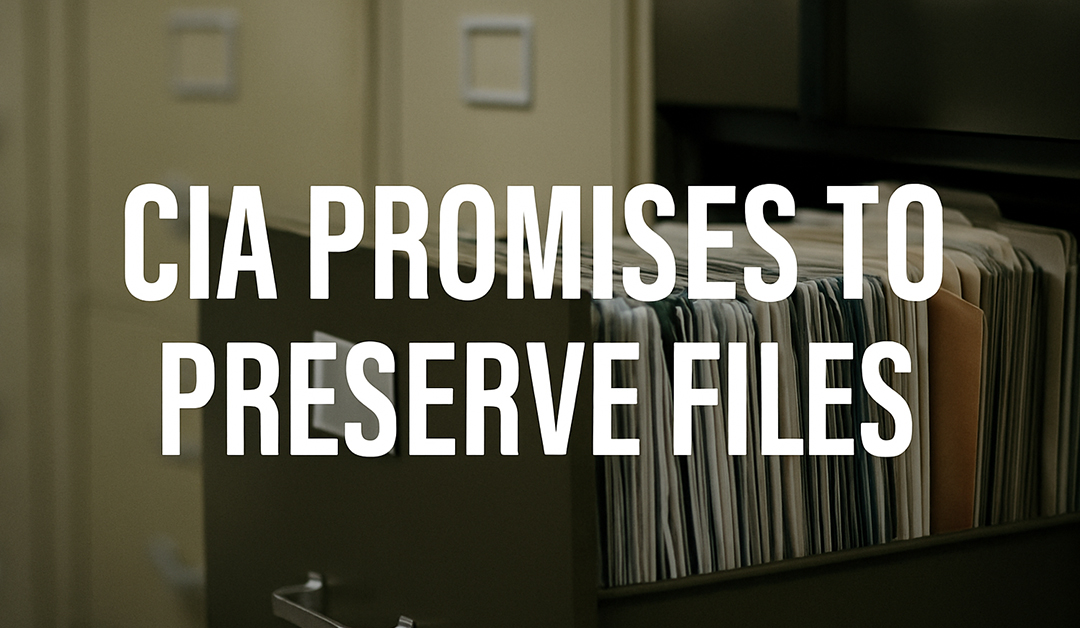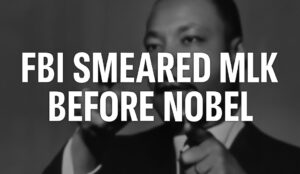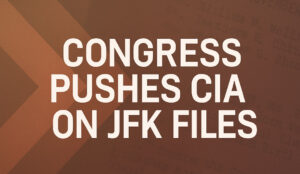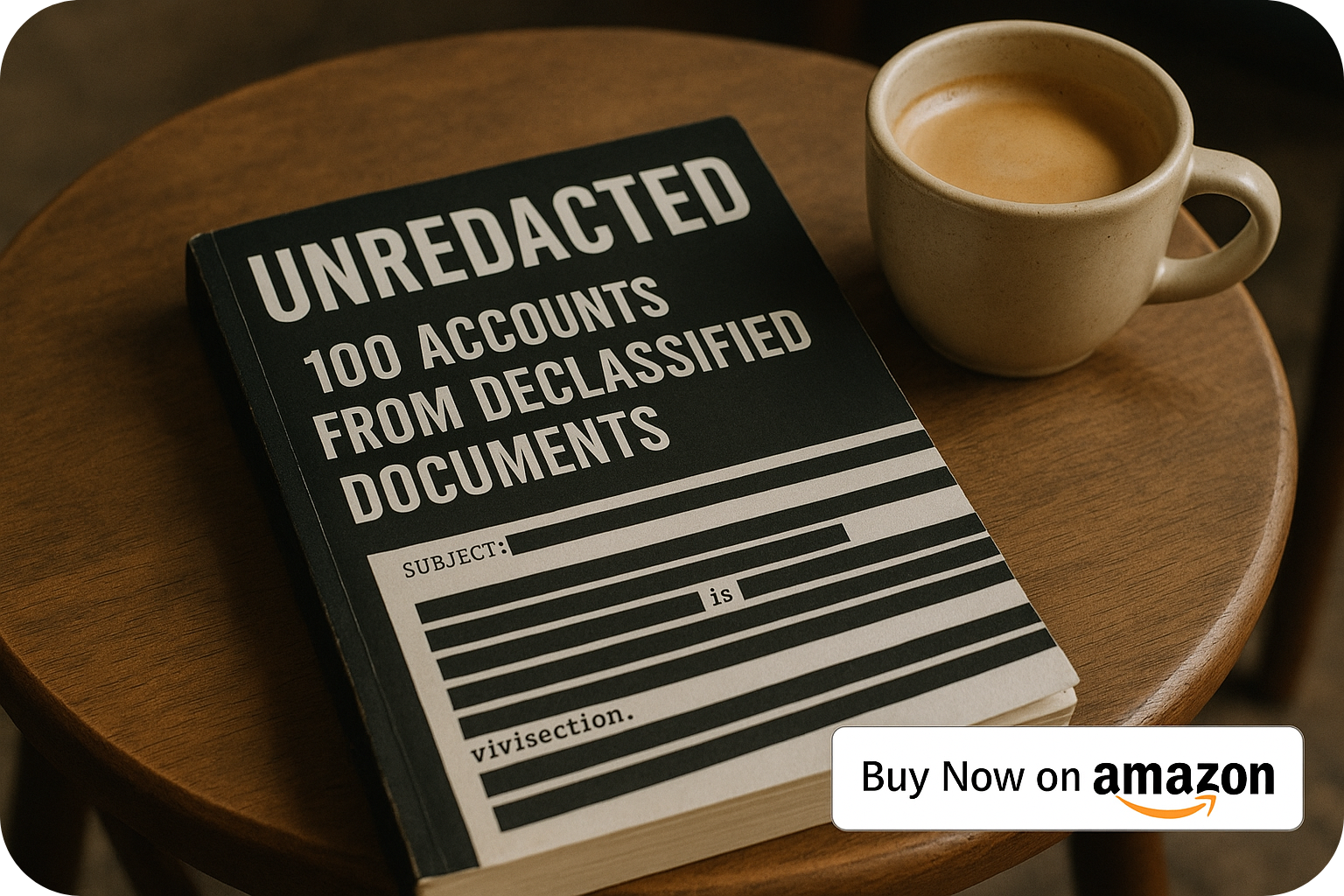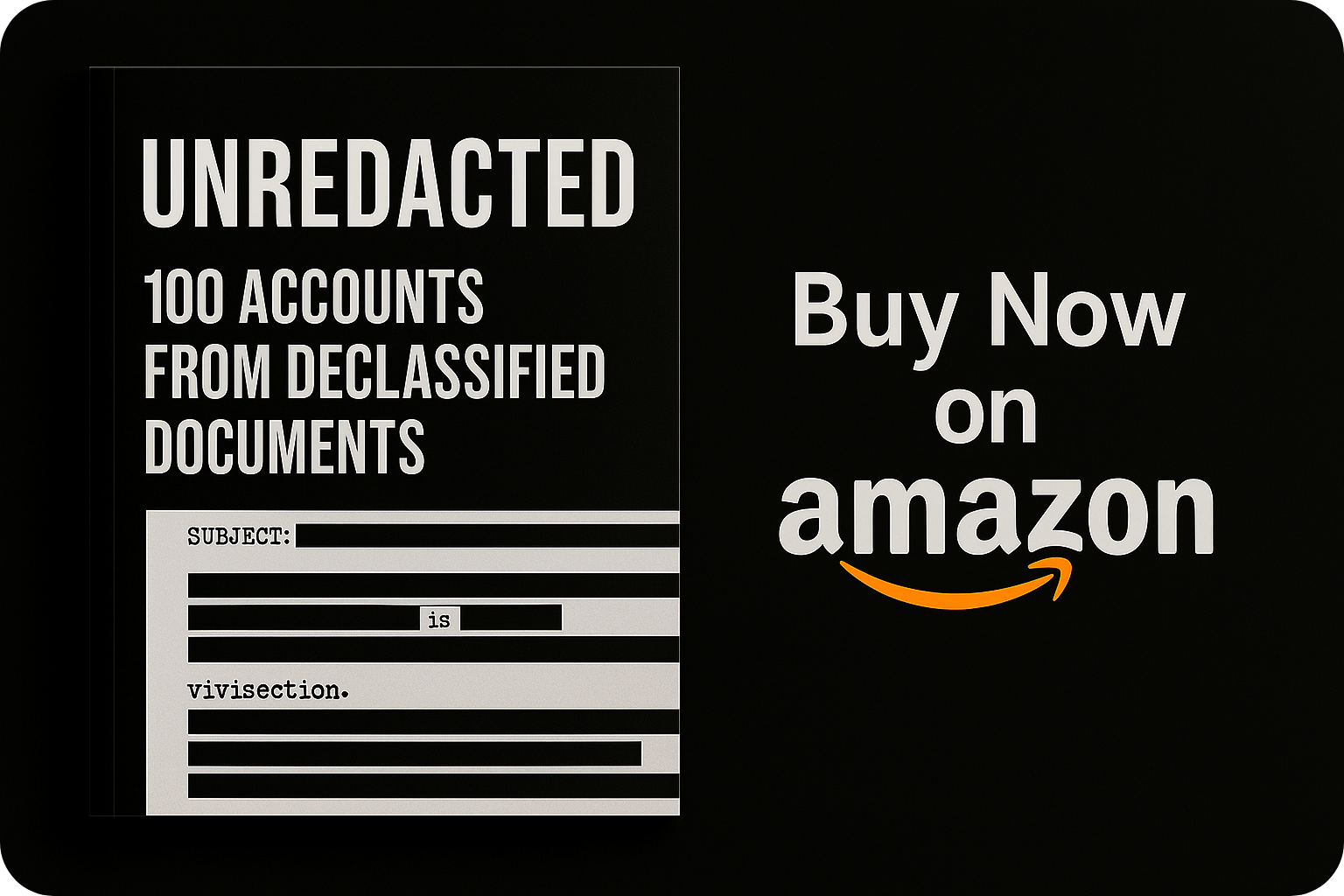In late 1976, the CIA assured Congress it would not destroy any records related to the assassinations of President John F. Kennedy and Dr. Martin Luther King Jr.-despite a scheduled return to routine document destruction.
This commitment is outlined in a memo from CIA Chief Ralph J. Katrosh, responding to concerns raised by House Select Committee on Assassinations Chairman Thomas Downing and Chief Counsel Richard Sprague.
The message came as the Agency prepared to lift a records destruction "moratorium" that had been in place since 1975.
"We will destroy no materials relating to ongoing Freedom of Information requests, cases subject to litigation, or cases under current investigation."
🗂️ Background on the Moratorium
The temporary freeze on document destruction was enacted during the Church Committee’s probe into intelligence abuses.
Set to expire on December 10, 1976, the moratorium aimed to safeguard potentially critical evidence across a range of sensitive operations-including high-profile political assassinations.
With the freeze ending, questions mounted over whether the CIA might quietly erase key historical materials.
🕵️ A Direct Response to Congressional Pressure
CIA Director George H. W. Bush personally addressed the concerns in a letter to Chairman Downing, affirming the Agency’s position.
He emphasized that the CIA would continue to support official investigations and retain all materials relevant to the deaths of JFK and MLK Jr.
The memo stresses this directive to internal CIA divisions, urging full awareness and compliance.
"No documents which we are aware of as being related to your investigation will be destroyed."
🔍 Why It Matters
In the shadow of COINTELPRO revelations and growing mistrust of federal agencies, this correspondence served as both a promise and a warning.
The Agency’s acknowledgment of its holdings, and its pledge to retain them, came during a pivotal moment for government transparency.
It also set a precedent for the role of oversight when it comes to national tragedies-and the archives that surround them.

